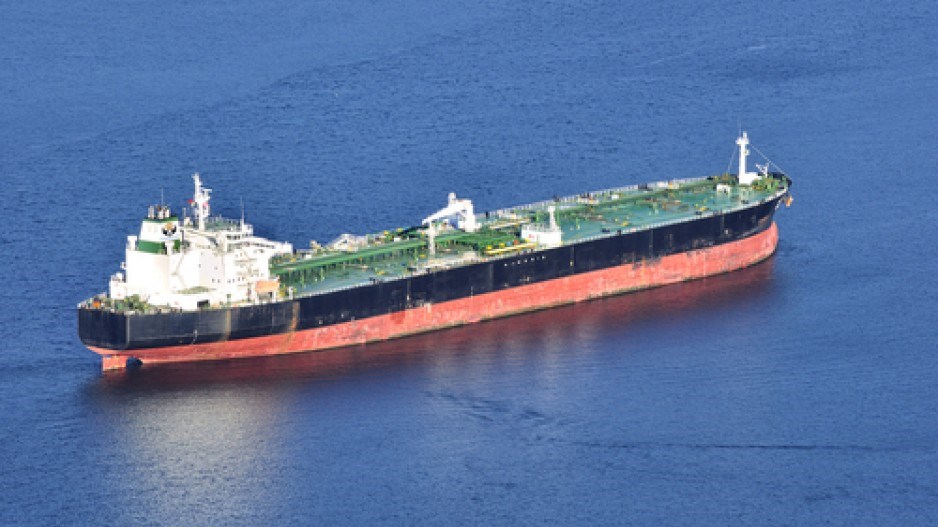The Fraser Institute released a report today stating an inability to access markets outside of the U.S. through ocean ports hurts revenue. The study estimates the Canadian oil industry could be missing out on as much as $2 billion annually if ocean ports were able to export one million barrels of oil per day at US$40/bbl to markets outside of the U.S.
The National Energy Board noted Canadian crude oil production and exports have risen steadily over the past decade. Last year, annual average crude oil export volumes reached a new record of 3.05 million barrels per day, the vast majority headed south of the border.
The Fraser Institute says if Canada were to plow ahead with the three major pipeline projects and expansions, the resulting economic boom would be substantial.
“The Energy East Pipeline, the Trans Mountain Pipeline Expansion, and the Northern Gateway Pipeline project would enable about (two million barrels per day) of Western Canadian crude to access coastal US and overseas markets,” says the report. “But all three projects face serious challenges, mostly environmental, from First Nations, and from various communities. Further, the federal government has imposed new consultation obligations and upstream GHG emission assessment requirements on the Energy East and Trans Mountain projects that will prolong the review process.”
Seth Klein, the director for the Canadian Centre for Policy Alternative’s (CCPA) B.C. office said the Fraser Institute’s numbers don’t add up in the current economic climate.
“The idea that we have insufficient pipeline capacity to tidewater and are therefore selling at a discount, there is an increasing body of work, by ourselves and others that strongly disputes that,” he said. “It was true a few years ago.”
Klein noted before the price of oil dropped in mid 2014 from over $100 a barrel, increasing exports via sea to markets like Asia and Europe would have been beneficial. However, with the Crude Oil West Texas Intermediate (WTI) currently at US$44.84, this is not feasible.
Klein added B.C.’s proposed LNG push by the provincial government is also falling victim to the same price gouge.
“The price differential in Asia right now compared to North America has fallen so much that it no longer covers the cost of delivering that liquified gas,” he added.
In June, the CCPA released a study arguing that Canada also won’t meet its global climate commitments if it ramps up oil and gas extraction by building new pipelines.
“Short of an economic collapse, it is difficult to see how Canada can realistically meet its Paris commitments in the 14 years remaining without rethinking its plans for oil and gas development,” noted David Hughes, study author and president of Global Sustainability Research, in the report.
A recent Insights West survey found that opposition against two major pipeline projects was at its peak when the polling company first started tracking opinion in early 2013. Opposition against the Enbridge Northern Gateway pipeline hit an all-time high in January of 2013 (61%) and currently sits at 51%. Opposition for the expansion of the Kinder Morgan Trans Mountain pipeline also hit an all-time high in January 2013 at 57% and currently sits at 45%.
In late June the Federal Court of Appeal dealt what some described as a possible death-blow for the Northern Gateway pipeline by sending the project back to the Governor in Council for reconsideration after it failed to meet consultation guidelines.
[email protected]



